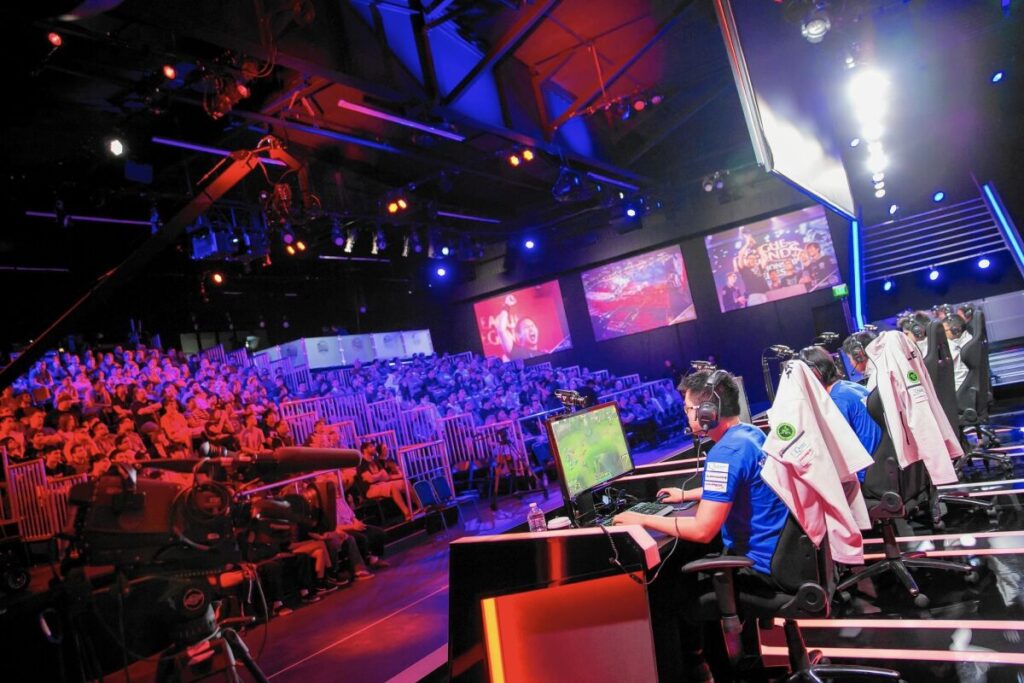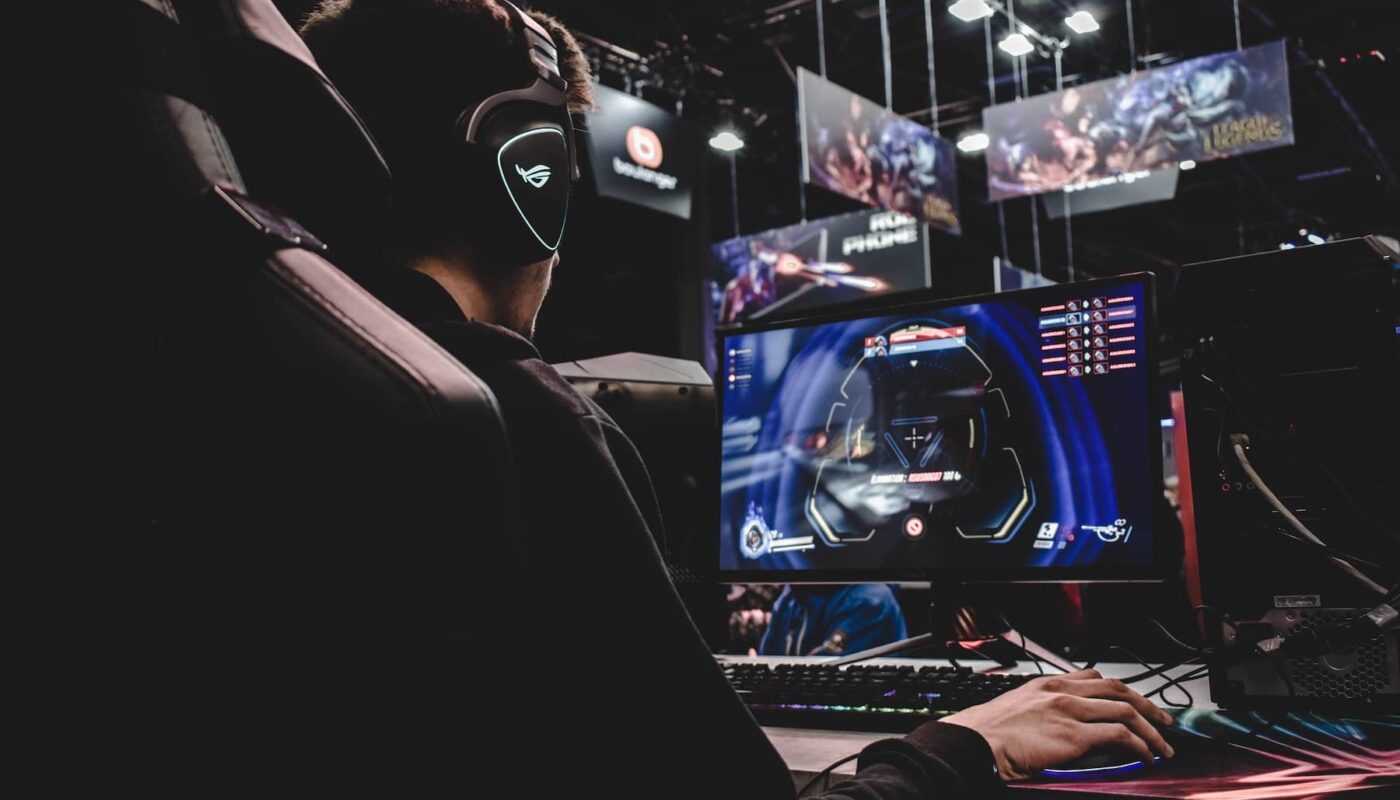Online tournament gaming has become fun and well-liked, with many gamers relishing competing against other players. Until one competitor is crowned the victor after the competition, the objective is constantly winning matches. To increase their chances of success, anyone interested in competing must be familiar with the regulations of these contests. This article will go through the numerous components that make up the gaming of online tournaments and give a general outline of what to anticipate when participating in such activities.
Page Contents
Rules & Regulations

Online tournaments are typically regulated by specific rules and regulations that must be followed to participate successfully. These can range from basic etiquette to more specific guidelines regarding conduct, such as not exploiting glitches or using cheats. Additionally, the tournament organizer may specify certain restrictions regarding the type of equipment allowed or other limitations related to the game being played. All participants must familiarize themselves with the tournament’s rules before participating, which can help ensure they stay compliant throughout.
Scheduling & Timing
Online tournament play often requires careful scheduling and timing to ensure fairness among all participants. The tournament organizer is typically responsible for setting the start times of each round and indicating when players should expect to compete. This allows everyone involved to plan and ensure they have the necessary resources to participate.
Additionally, most tournaments will include periods of rest between rounds, which must be factored into the overall timeline. The number of contestants and the rules governing the online competition will determine how long it takes to finish. A single day or evening may be sufficient for smaller events, while larger ones may take longer depending on how many rounds are scheduled. Players must be aware of the tournament’s timeline to plan their schedule adequately.
Furthermore, tournaments may also feature different locks and deadlines to which all participants must adhere. This could include restrictions on when a player can join or leave a competition and other limitations related to how long they have to move or respond. For the competition to proceed smoothly and equitably from beginning to end, participants must be aware of and abide by these rules.
Technical Specifications

Online tournaments typically involve a variety of technical specifications that must be configured correctly for the competition to run smoothly. The tournament organizer is responsible for providing all necessary information, such as compatible hardware and software requirements or preferred settings for gameplay. They may also specify specific network configurations needed to connect players from around the world successfully.
All participants must ensure their systems meet these specifications before attempting to compete. Furthermore, tournaments may impose various restrictions on cheating or exploiting glitches within a game. This could include disabling certain features, such as character customizations or cheats codes. Doing so helps ensure fairness between participants by preventing one player from gaining an unfair advantage.
In some cases, tournaments may also require specific downloads or updates for a game to be compatible with their system.
This could include patch updates or additional content that must be installed before participating. All participants should read the tournament’s instructions and requirements carefully to configure their systems accordingly and successfully.
Additionally, specific online competitions may involve other technical specifications such as sound quality, latency issues, or compatibility between gaming devices. To prevent any potential problems that can develop during games, all competitors must confirm their settings are current. Understanding the technical specifications of an online tournament is essential to ensure fair and smooth play.
Prizes & Rewards
Online tournaments often feature prizes and rewards available to participants who perform well. Depending on the game, these can range from monetary awards to exclusive in-game items or even special recognition for exemplary performance such as online poker. Additionally, competitions offer bonus points or other incentives for those who complete particular challenges or achieve specific goals. In terms of money, most tournaments will have a predetermined amount set aside as a reward pool split among the top finishers. The size of this pool varies depending on the tournament and may be supplemented with donations or sponsorships from outside sources.
In addition to cash prizes, some online competitions also offer trophies, medals, certificates, or other types of physical mementos to winners as a form of recognition. Specific tournaments may also provide exclusive in-game items or access to special features as part of their rewards system. In some cases, participating in an online tournament can also be an excellent way for gamers to gain recognition from their peers or even the gaming industry itself. For example, professional esports organizations often scout players for potential recruitment based on their performance within various competitions.
Qualifying Rounds

Many online tournaments feature qualifying rounds or predetermined placement criteria to determine who can participate. This promotes fair play among all competitors by guaranteeing that only the best and most skilled players can compete for the big prize. Qualifying rounds may include completing specific tasks or demonstrating superior skills within a game. For example, some tournaments may require players to finish a certain level with the highest score or complete several challenges before advancing.
In addition, some tournaments also impose various restrictions on skill levels and experience to qualify. This could include requiring participants to have played for a certain amount of time or reached a specific rank within the game.
Qualifying rounds can also involve multiple stages, with participants being eliminated after each round until only a handful of players remain. These tournaments usually require an elimination system to ensure that the most skilled and experienced gamers can move on to the next stage.
Takeaway
Understanding the mechanics of online tournament games can be a daunting task. Still, with some research and practice, it can help create an enjoyable experience for any player looking to compete. The above information is intended as a starting point for those just beginning their journey into the world of competitive gaming, providing them with a basic knowledge of what to expect when entering an online tournament event.






